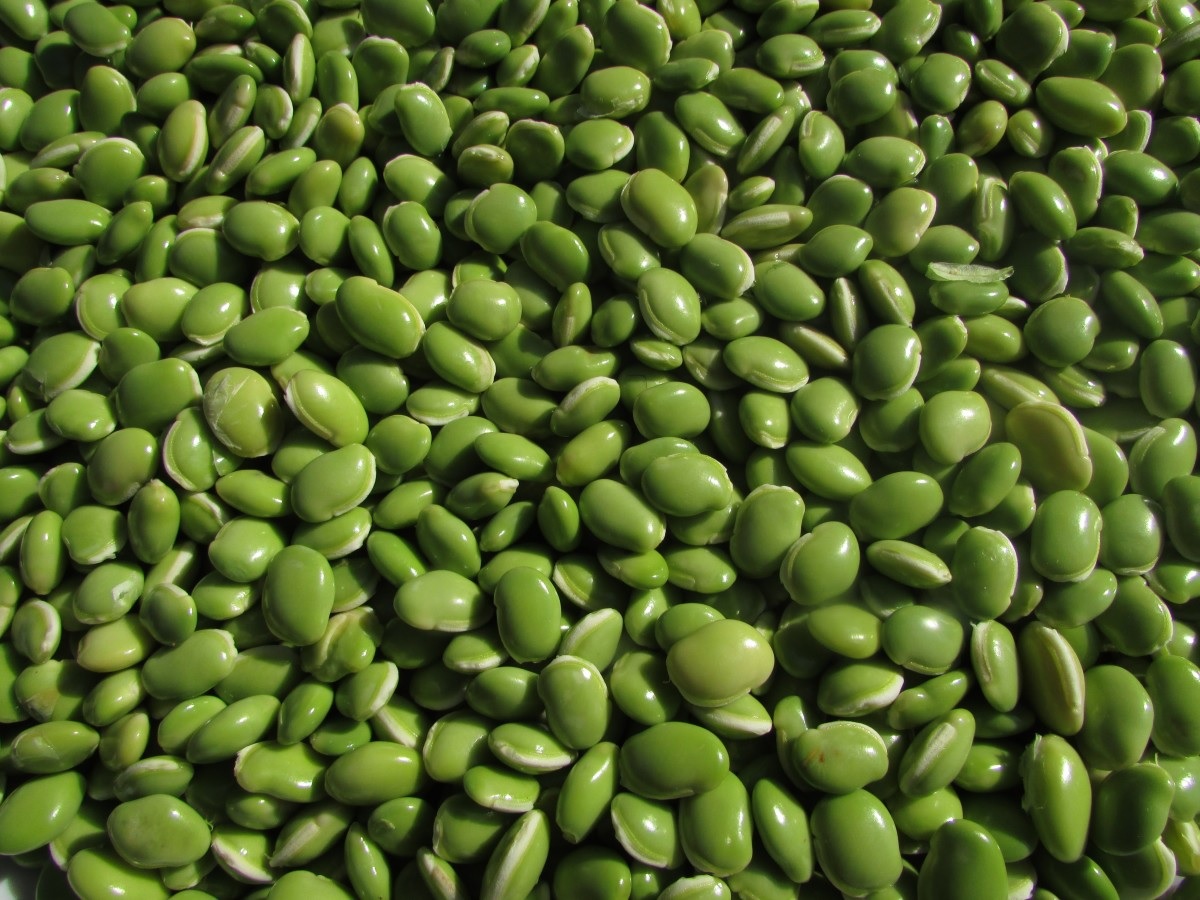Mayor of Sesto Fiorentino, Lorenzo Falchi, introduced the ban at the request of a local woman whose son has favism, a genetic disorder that triggers anaemia if broad beans are consumed or their pollen is inhaled.
Those cultivating the bean within the new prohibited area must stop within the next week.
Some locals have complained the ban will affect the town’s agriculture industry.
Giovanni Rizzo, a spokesman for the mayor, refuted this claim.
“It affects a mostly residential area, so there are mainly homes, a big baseball pitch and a number of allotments,” Rizzo said.
“It’s not as if it’s a big production area for beans, so it won’t put any agricultural companies in difficulty.”
While Tuscan authorities rejected the mother’s initial request last November, the town’s mayor was eventually compelled to act after the young boy received a long period of medical care last year at one of Italy’s top children’s hospitals, the Meyer in Florence, as a result of acute haemolytic anaemia.
The condition is triggered by favism and causes red blood cells to be destroyed faster than the body can replace them.
Studies indicate around 400 million people in the world have favism.
Favism mainly affects males of Mediterranean descent and can occur at any age, but is more prevalent among children.
In 2015, an estimated 33,000 people died as a result of the condition.












